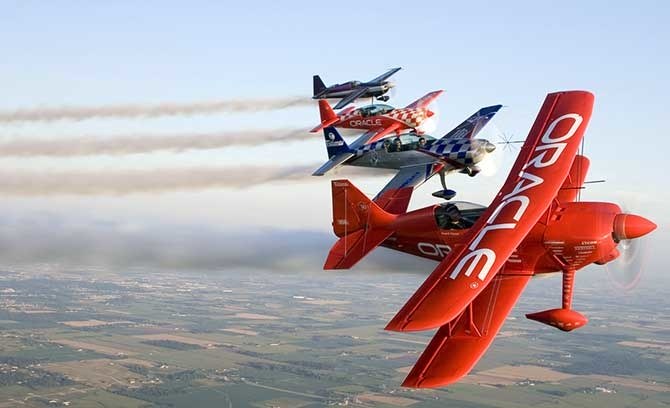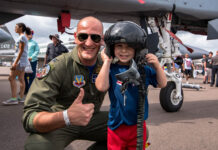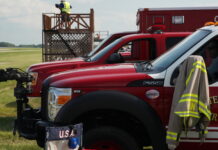In early May, a group of 28 event organizers gathered in Havelock, North Carolina, for the 2012 ICAS Air Show Academy, held in conjunction with the MCAS Cherry Point Air Show. Our hosts were gracious, well prepared and hospitable. The program received rave reviews from the participants and provided the type of “hands-on,” practical information for which the Academy has become justifiably popular during the last decade. Thanks to Jim Riemer, Bree Zamora and the rest of the Cherry Point team for helping to make our 14th ICAS Air Show Academy such an overwhelming success. (See page 40 for additional details.)
At several points during our weekend together, I looked across a table or meeting room to see ICAS Academy participants involved in deep conversations. Traveling back and forth from the hotel to the air base in our 15-passenger van, I heard similar conversations between ICAS members sharing information, asking questions, comparing methods, and learning from one another. The air show team at MCAS Cherry Point put together a vast amount of information about their show which they shared with all of our program participants. And we know from post-Academy evaluation survey results that the students found this information to be enormously valuable. But it was the camaraderie and information-sharing that went on between the participants themselves that seemed to most animate the Academy registrants.
In April, I had an opportunity to have lunch with an ICAS member who was visiting Washington on non-air show business. For more than an hour, we talked about a wide variety of air show-related issues. But the unintended common theme of our entire conversation was the fact that air show professionals are so willing – even eager – to share their past experiences (good and bad) to help their ICAS colleagues.
And, just a few days ago, I was at an air show where a performer casually mentioned to me that he’d recently had a short chat with another, less experienced performer about all of the things that this new performer was doing well and a few things that he might think about changing or practicing more on.
This ongoing information exchange is the single most important benefit of ICAS membership and the foundation on which the association was formed 45 years ago. It permeates almost everything we do, from the convention education sessions, annual regional conferences and Air Shows Magazine feature articles to the informal email correspondence and telephone conversations between members. I have worked my entire adult life in the association business and I have never seen — or even heard about! — an industry that is so selfless in its efforts to help colleagues and competitors. Air show professionals are generous with their time and expertise, and ICAS provides the forum in which these exchanges take place.
And this information flow is omni-directional. Information moves from veterans to newbies AND from newbies to veterans. Event organizers learn not just from other event organizers, but from concessionaires, performers and air bosses, as well. Civilian organizers provide insight and information to the military and visa versa. Small shows and big shows share information with one another. Warbird pilots with aerobatic pilots, and aerobatic pilots with our military demonstration pilots.
As valuable as this information exchange can be, though, it’s important for our entire industry to recognize that it is most effective when the process is active rather than passive…when ICAS members consciously seek to borrow, adapt, adjust and, yes, outright steal ideas, techniques and processes from one another. In the air show industry, there is no need to re-invent wheels. Our members have tried virtually every inefficient, impractical and outrageously expensive idea out there…and they’re eager to help you avoid making the same mistake that they did. Similarly, those that have had air show success stories are usually enthusiastic about sharing the details of their accomplishments with you.
But you’ve got to ask or call or write or otherwise engage to make full use of this ongoing, industry-wide information exchange. Over time, you’ll benefit even if you simply let the flood of information wash over you. But, as our Academy students discovered at MCAS Cherry Point in May, the benefits increase logarithmically when you become an active participant in pursuing that information and engaging with the people who have it and want to share it.
Ours is a unique business and ICAS provides uncommon access to the information available in that business. Become involved to make full use of those resources.








